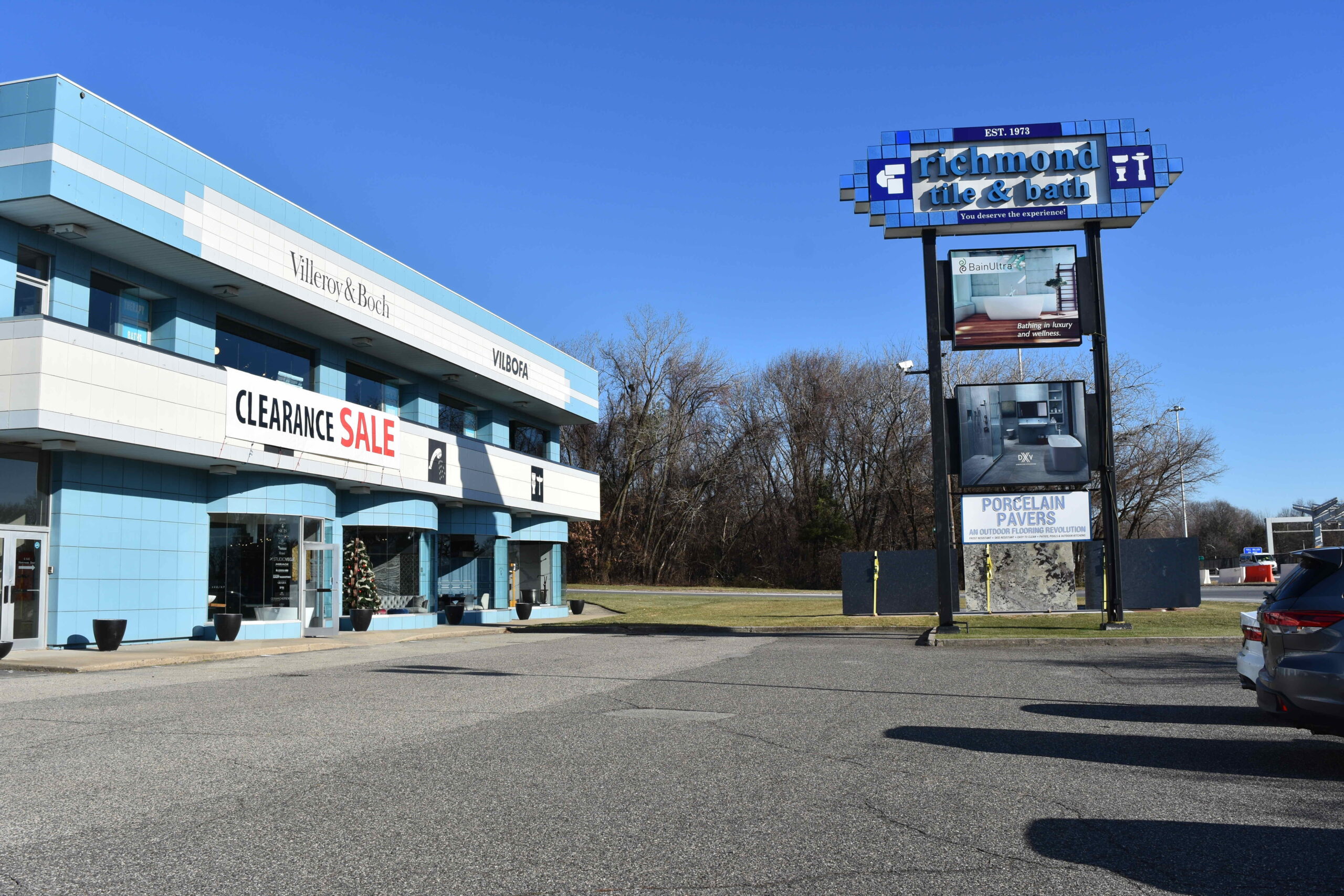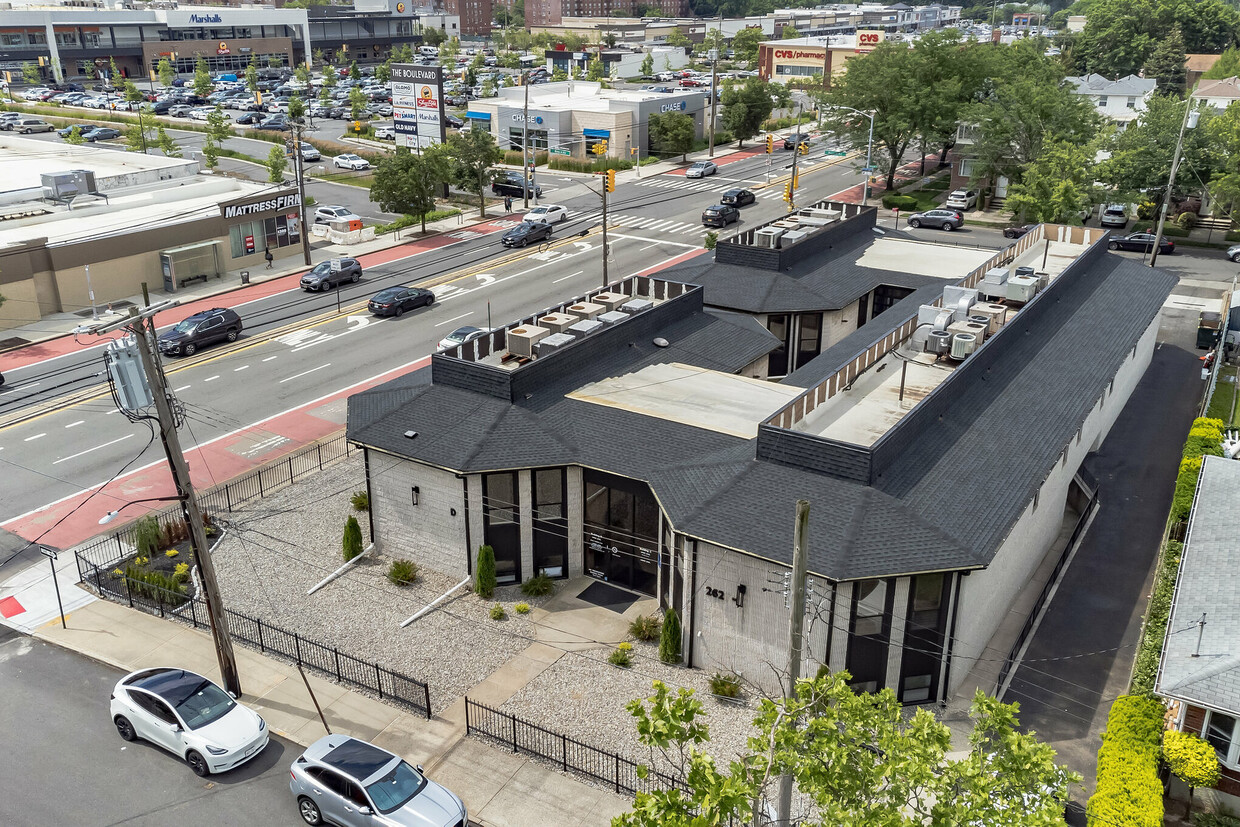6 Key Factors Which Affect The Average Cost Of HVAC System Replacement
Replacing the HVAC system is a major home improvement operation you simply cannot postpone. Every homeowner needs warmth during winters and coolness during hot summers, so here are the factors which can affect the total price:
1. The Size of Your House
Smaller houses have lower heating and cooling requirements, in comparison with larger houses. There is also less equipment needed for the job as well as less ductwork required. Contractors have special formulas to calculate the size of the new HVAC system, based on the size of your property. If you live in a large house, be prepared to take out more money from your pocket and vice-versa.
2. The Equipment Required for the Job
Replacing an entire HVAC system is a complex task. There’s a lot of ductwork which needs to be installed as well as thermostats, wiring, refrigerants, and more. In some cases, the existing pipes and ducts might still be usable and this will bring the total cost down a little bit.
Many contractors also use modern and more efficient HVAC components. Although some of these products might be a bit expensive at first, they make the whole HVAC system more efficient, so you’ll recuperate some of your budget in the upcoming years.
3. The Labor Costs
Two or more skilled people are required to successfully install an HVAC system. The more people involved, the quicker the task can be finished. Each contractor will set a specific labor price, depending on the complexity of the job and the experience of the installers. Keep in mind that the contractor will formulate the price so that he can also make a profit as well.
In most cases, the average cost to replace heating and air conditioning can be around $5,000, give or take a few hundred dollars. This includes the labor costs, equipment needed, and the contractor’s profit. However, larger homes have higher cooling and heating requirements, so the total cost to replace the HVAC system might be higher.
4. The Travel Costs
The travel costs should be factored in as well. Keep in mind that the contractor will have to travel to your place with a truck full of ductwork and equipment. At the same time, the workers need to come to your place every day until the replacement process is finished. If you live in the middle of the city, the travel costs might not be too big. However, if you’re located in a rural area, the travel costs can be a significant chunk of the total price to replace your HVAC system.
If you live in a rural area that is hardly accessible then this can also be an obstacle for the contractor. Off-road trucks or SUVs might be required to transport the workers and the equipment safely, so you need to take this into account as well. You should also check out this article to learn more about HVAC replacement costs, how to maintain it, and how to save money on heating and cooling.
5. Any Permits Required for the Job
Remember that installing a new HVAC system means digging some holes in the ground, adding extra ducts and pipes, etc. In many parts of the country, it’s not allowed to just dig holes in the ground without a permit. The local authorities need to issue a permit that might cost up to $100 in some places. This permit can be obtained by your HVAC contractor, but you will be responsible for paying the tax.
6. Making Additional Changes/Improvements
In some cases, a new HVAC system requires more than replacing the existing ductwork. For example, modifying the structure of the house, removing an existing system or doing complex electrical work can add to the total price. Updating or modifying the plumbing system might also increase the price, so you need to be aware of all these changes when calculating the total price.
One of the best ways to come up with an accurate estimation is to discuss with your contract at length. Make sure that you know exactly what types of modifications or structural updates are required before doing them, so you avoid hidden costs.
7. The Type of HVAC System You Install
There are many ways to heat a home. Most homeowners go for oil or gas furnaces which are both popular and efficient. However, you can also use a geothermal heat pump. Although this device is more expensive, it’s more efficient at heating or cooling your house.
A geothermal heat pump draws heat from the interior of the earth using a special pump. For example, the pump can extract several units of heat by using just one unit of electrical power. Homeowners who go for geothermal heat pumps can save hundreds or thousands of dollars from their energy bills every year because less power is used for heating and cooling.
On top of that, geothermal heat pumps are also eco-friendly, so you do your fair contribution when it comes to saving the planet if you decide to install one.
Find Out The HVAC Replacement Cost Today!
As you can see, there are many factors that determine the average cost of HVAC system replacement. As a rule of thumb, you should obtain multiple quotes from contractors and go for the one which seems the most cost-effective for you.
As always, don’t forget to check out our other blog articles to learn more about making your property safer and more comfortable!







Leave a Comment